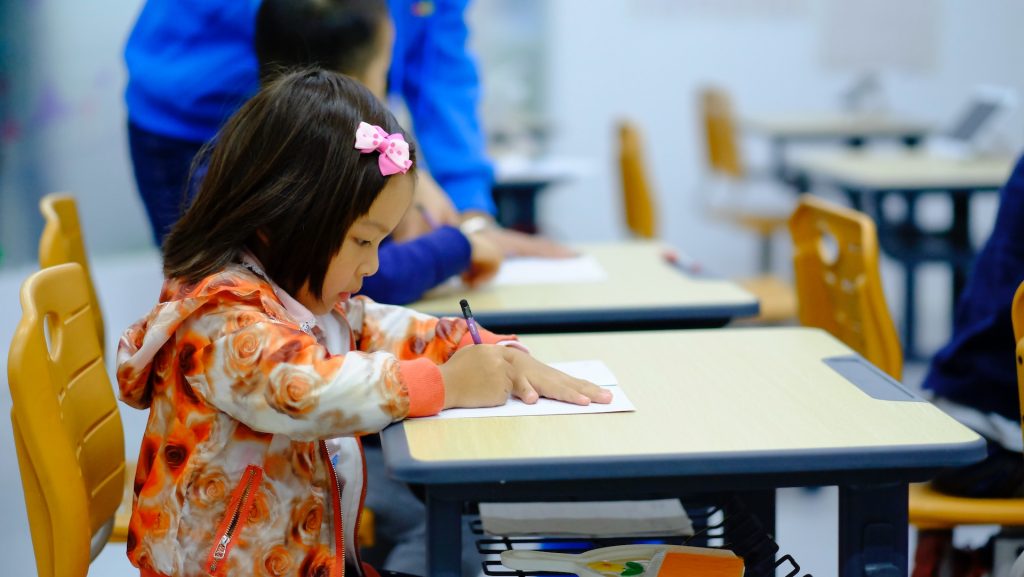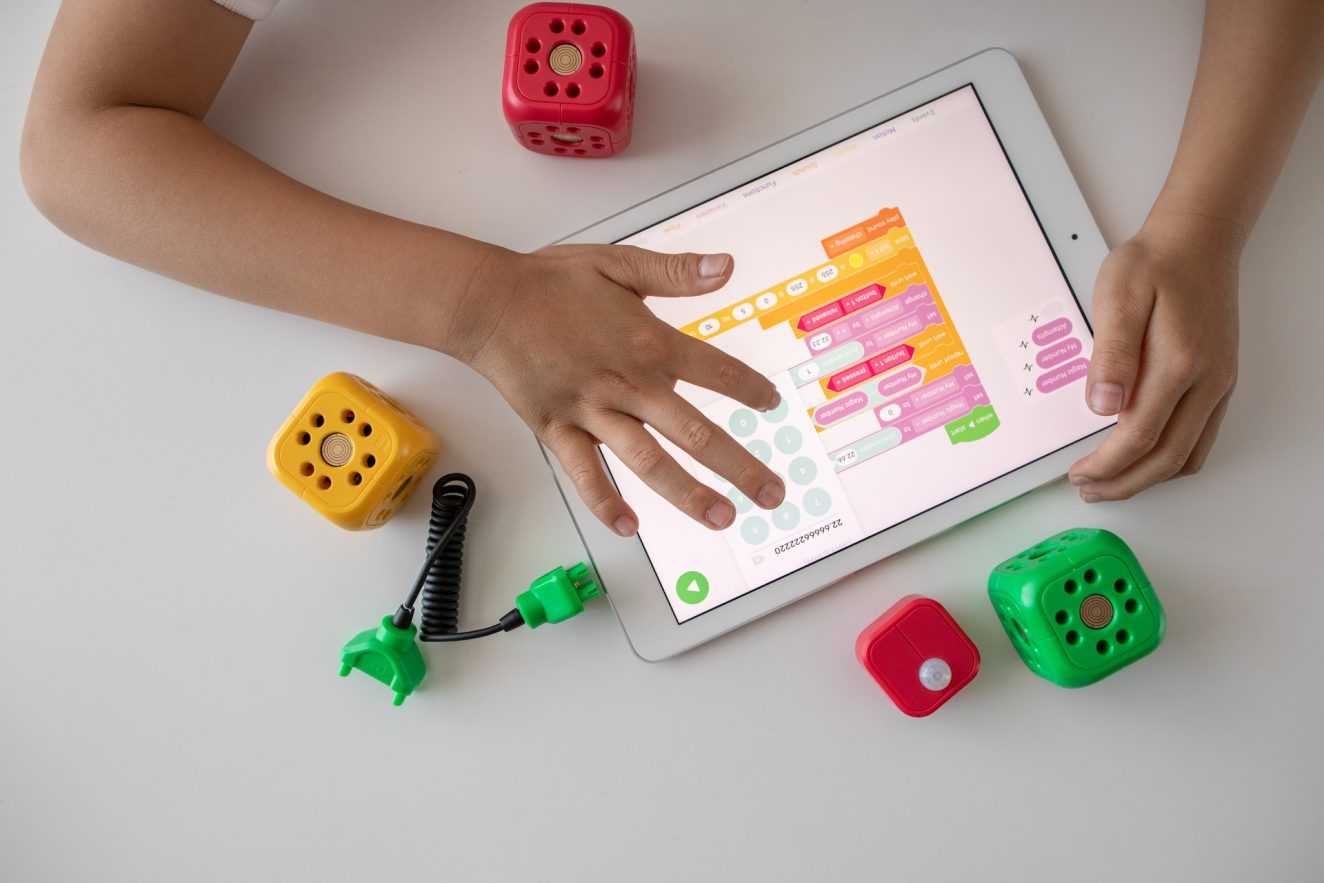In the annals of scientific history, Dmitri Mendeleev stands as a luminary figure, renowned for bequeathing the world with the Periodic Table of Elements. Yet, beneath the surface of this scientific giant lies an intriguing facet – Mendeleev’s pioneering use of gamification in the pursuit of knowledge. While the term “gamification” might seem contemporary, its roots stretch back to Mendeleev’s innovative approach, highlighting the enduring benefits of infusing playfulness into education.

Mendeleev’s Gamified Journey
Dmitri Mendeleev, a Russian scientist of the 19th century, holds the distinction of conceptualizing the Periodic Table, a feat that revolutionized our understanding of the elements. However, what often escapes the limelight is Mendeleev’s ingenious use of gamification in this scientific endeavor.
An avid card player, Mendeleev leveraged his affinity for games to create a unique classification system for the elements. He transformed the arduous task of categorization into a captivating card game. Each element found its place on a card, laid out on a table for him to analyze. This gamified approach not only aided Mendeleev in comprehending the relationships between elements but also laid the groundwork for further scientific exploration.
Mendeleev’s gamification of the classification process, using cards as his allies, turned a potentially tedious task into an engaging pursuit. The card game method not only facilitated Mendeleev’s own understanding but also sparked a chain reaction in the scientific community. His published findings acted as a catalyst for subsequent discoveries, as scientists filled in the gaps and refined the Periodic Table.
Interestingly, Mendeleev’s journey through education was not marked by academic excellence. His success, rather, emanated from the gamified approach he adopted, proving that gamification is a potent equalizer, accessible and impactful for students across academic spectrums.

Unlocking the Benefits of Gamification
Mendeleev’s story serves as a historical testament to the transformative power of gamification in education. Here are five key benefits that gamification brings to the learning landscape:
- Cognitive Development in Adolescents: Gamification serves as a powerful tool for enhancing cognitive development in adolescents. Specifically designed “brain games” engage users in solving questions and problems, stimulating increased activity in different regions of the brain. These games contribute to improved information processing and retention.
- Physical Development through Interactive Exercise: Beyond cognitive benefits, gamification can contribute to physical development, especially in adolescents who may not be inclined towards traditional forms of exercise. Interactive games that involve physical activity can be as effective as conventional exercise, offering long-term health benefits.
- Increased Engagement in Classrooms: Studies have demonstrated that gamification enhances student engagement in classrooms. By introducing game-like elements, such as point systems for class activities, researchers observed a noticeable increase in student participation and productivity. The gamified atmosphere proved to be conducive to a more interactive and enjoyable learning experience.
- Enhanced Accessibility in Education: Gamification serves as an inclusive teaching tool, catering to diverse learning needs. A study exploring the effectiveness of gamification, in the form of a video game, for students with autism showcased positive results. This approach proved effective in delivering age-appropriate content to students with varying needs.
- Extending Learning Beyond the Classroom: Gamification isn’t confined to the classroom; it seamlessly extends into learning outside formal educational settings. Parents can leverage gamification techniques to make homework more engaging. For instance, breaking down math homework into sections, with each completion leading to a level-up and hints to solve a riddle, transforms the learning experience at home.
Embracing Gamification: A Century-Old Wisdom
As gamification gains prominence in contemporary educational discourse, it’s crucial not to dismiss it as a mere buzzword. The enduring legacy of Mendeleev serves as proof to the timeless efficacy of gamification. From fostering cognitive and physical development to elevating engagement levels and promoting accessibility in education, gamification stands as a beacon of innovation.

Mendeleev’s gamified journey, etched in history, uncovers the profound impact of infusing playfulness into education. As we celebrate the benefits of gamification, let’s envision a future where it transcends buzzword status, becoming a ubiquitous and indispensable term in classrooms worldwide. After all, the spirit of gamification has been shaping educational journeys for over a century – Mendeleev’s enduring proof.





